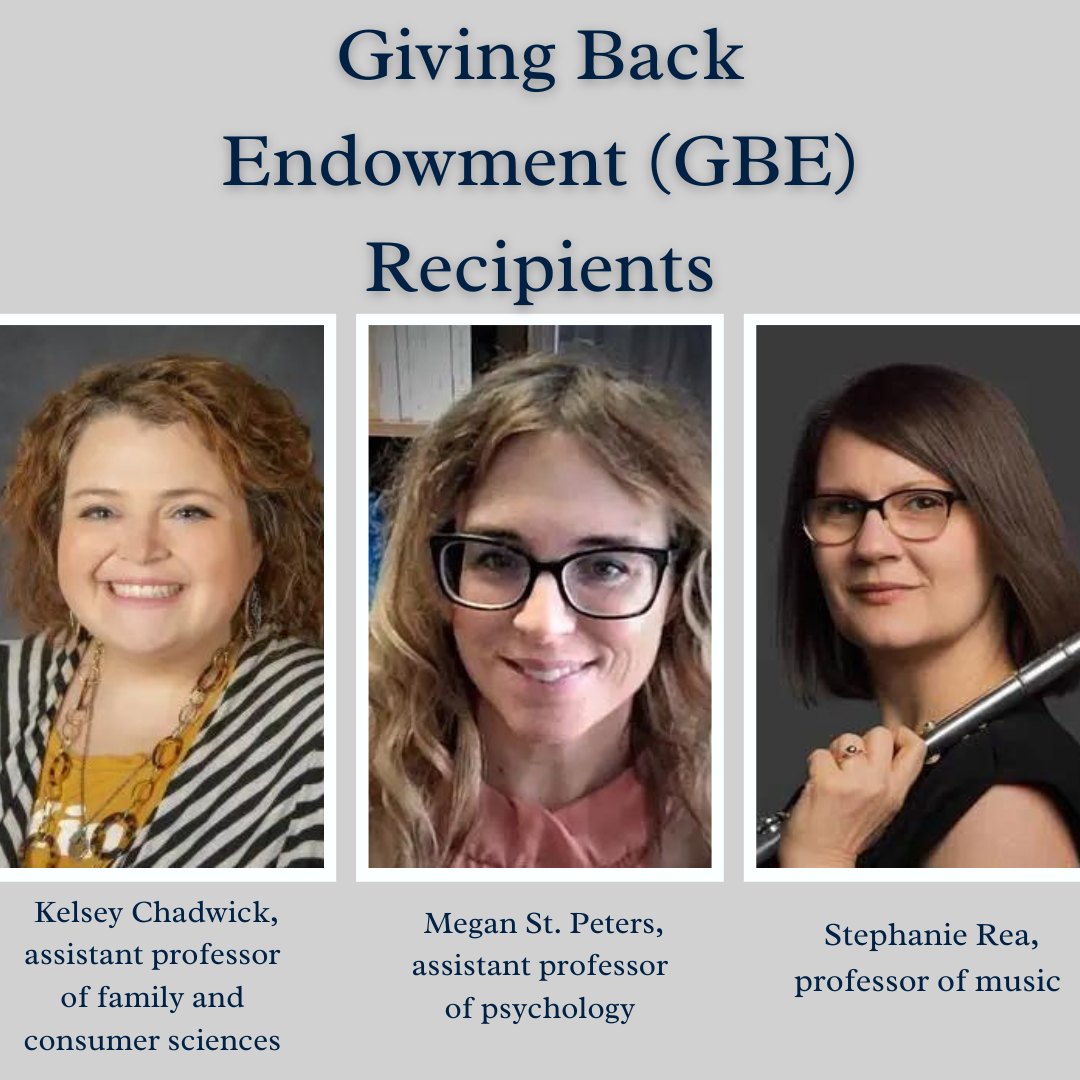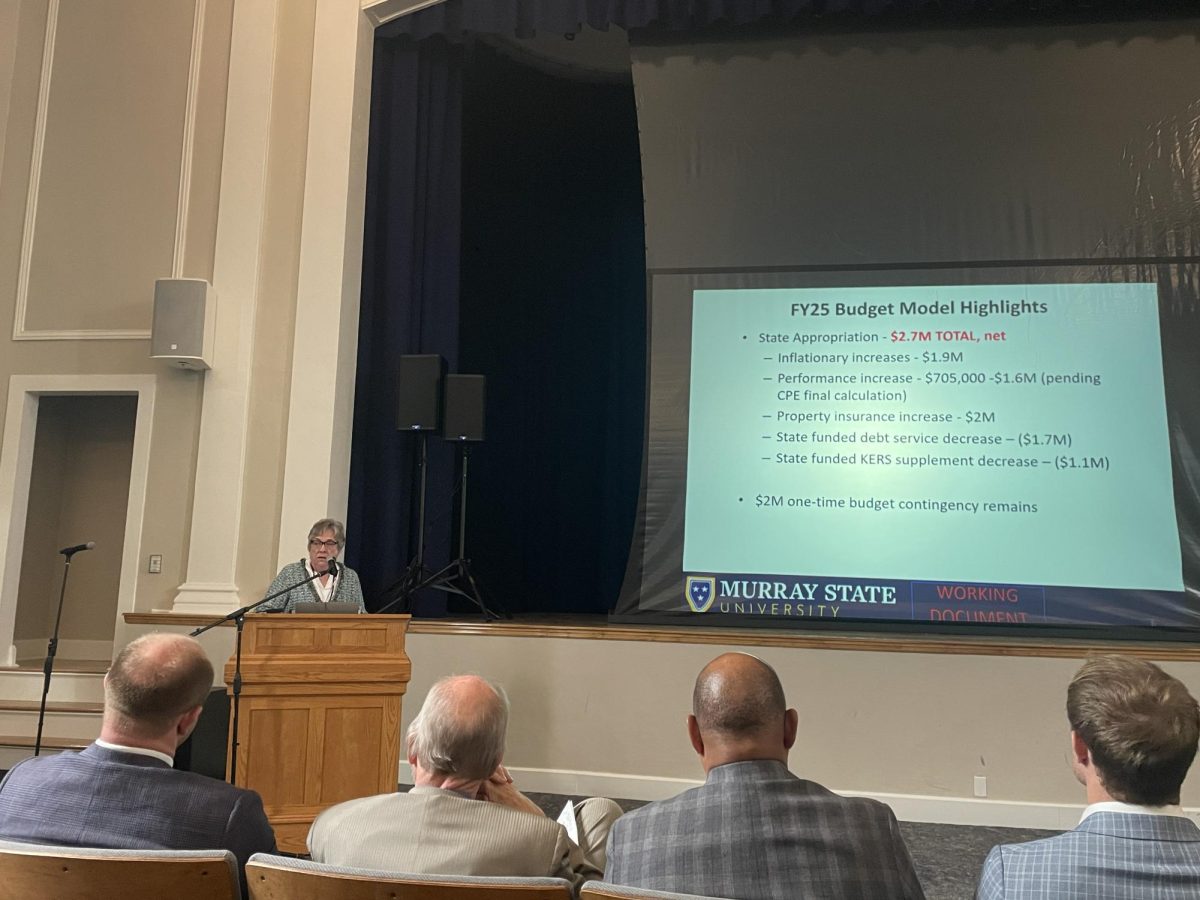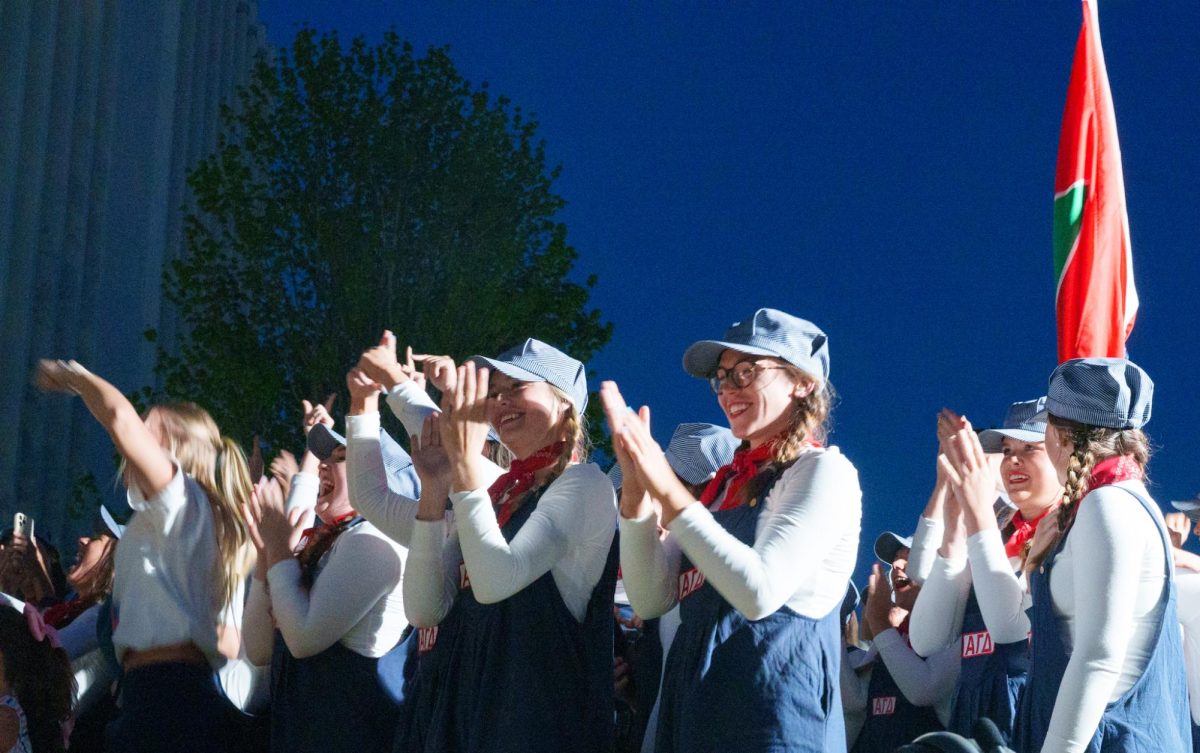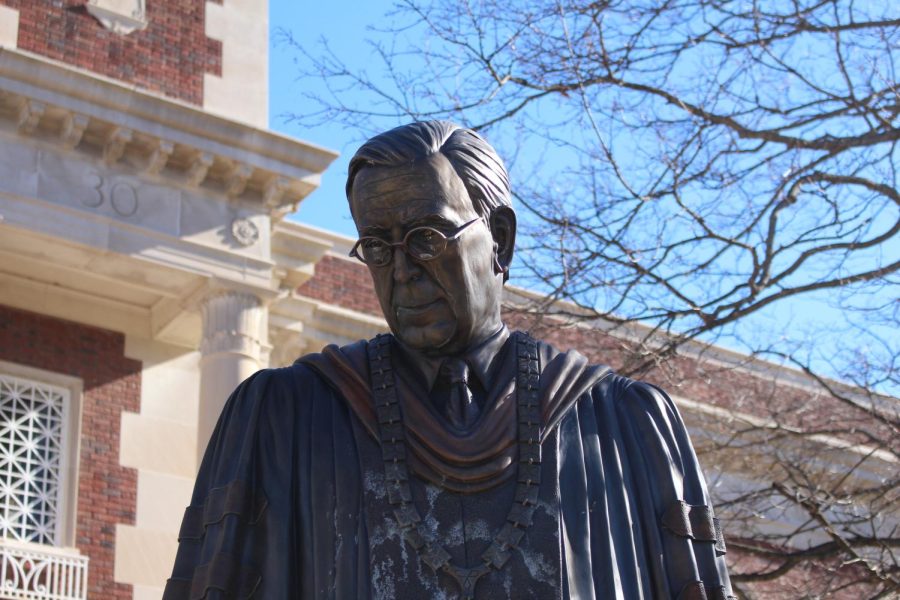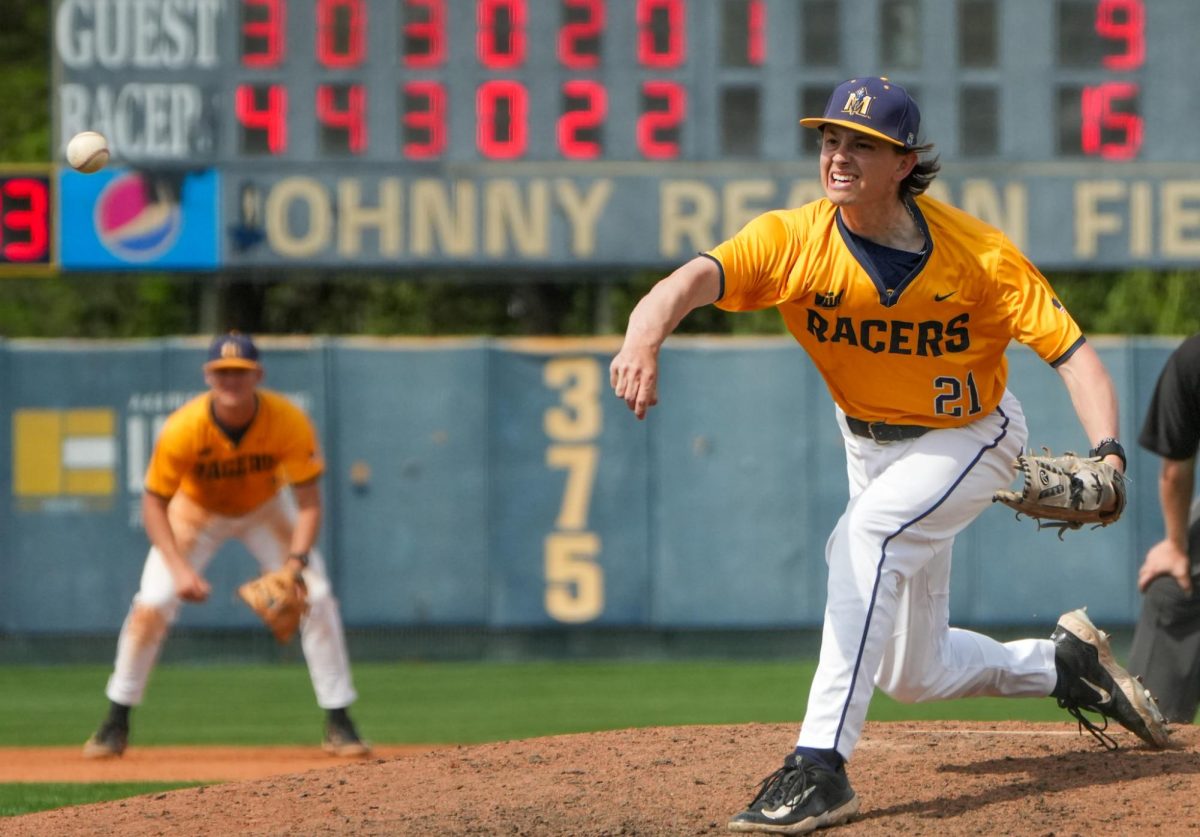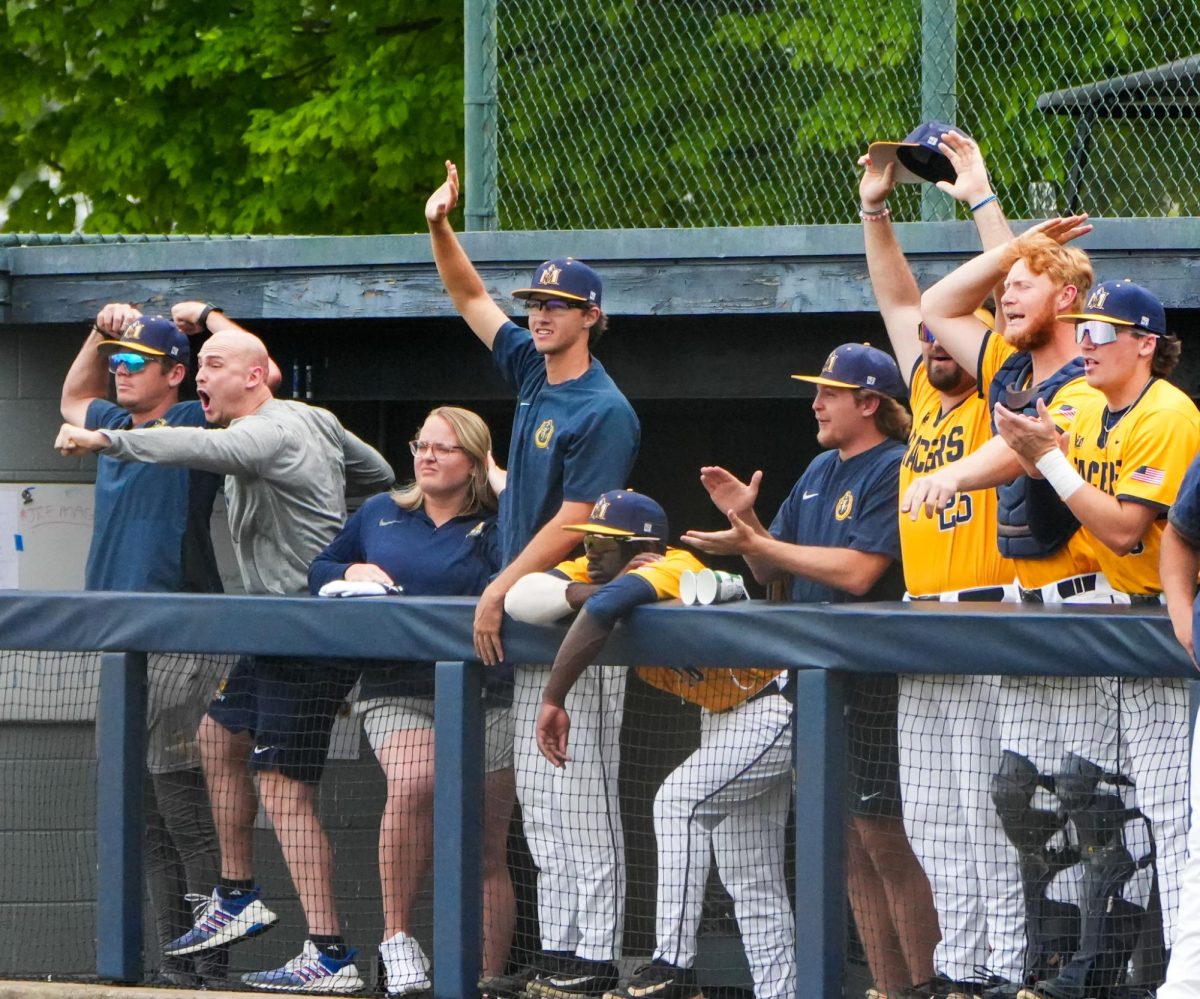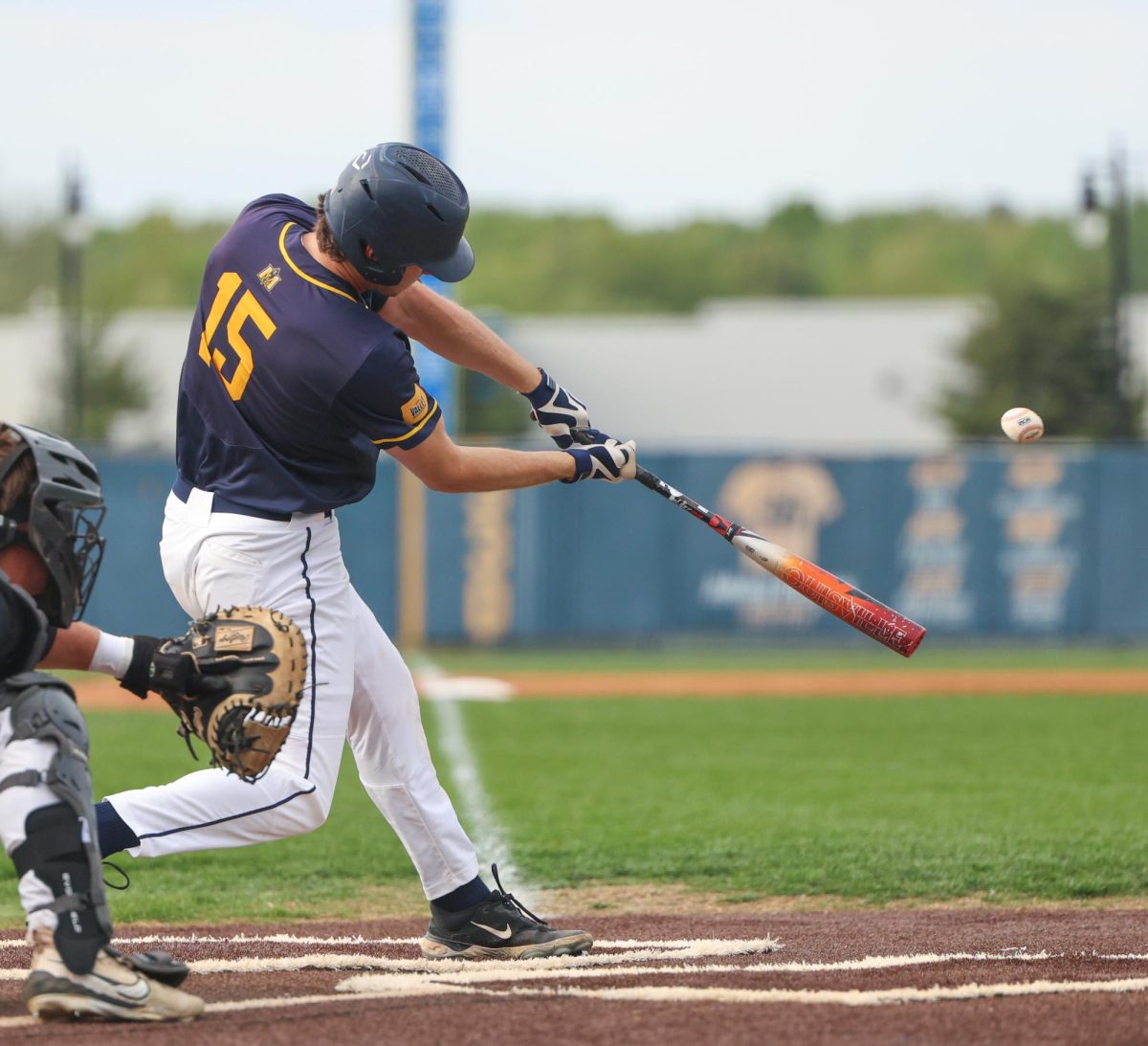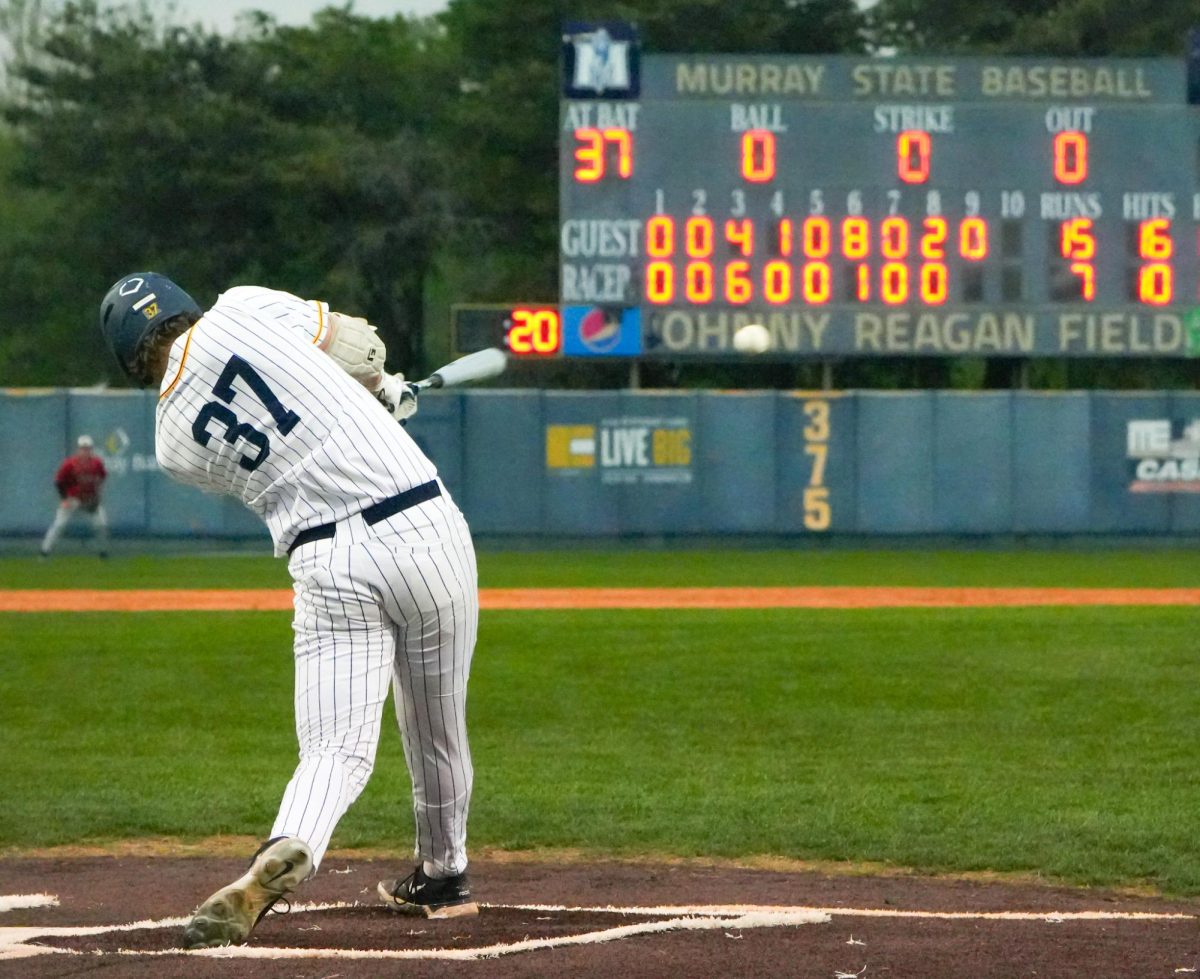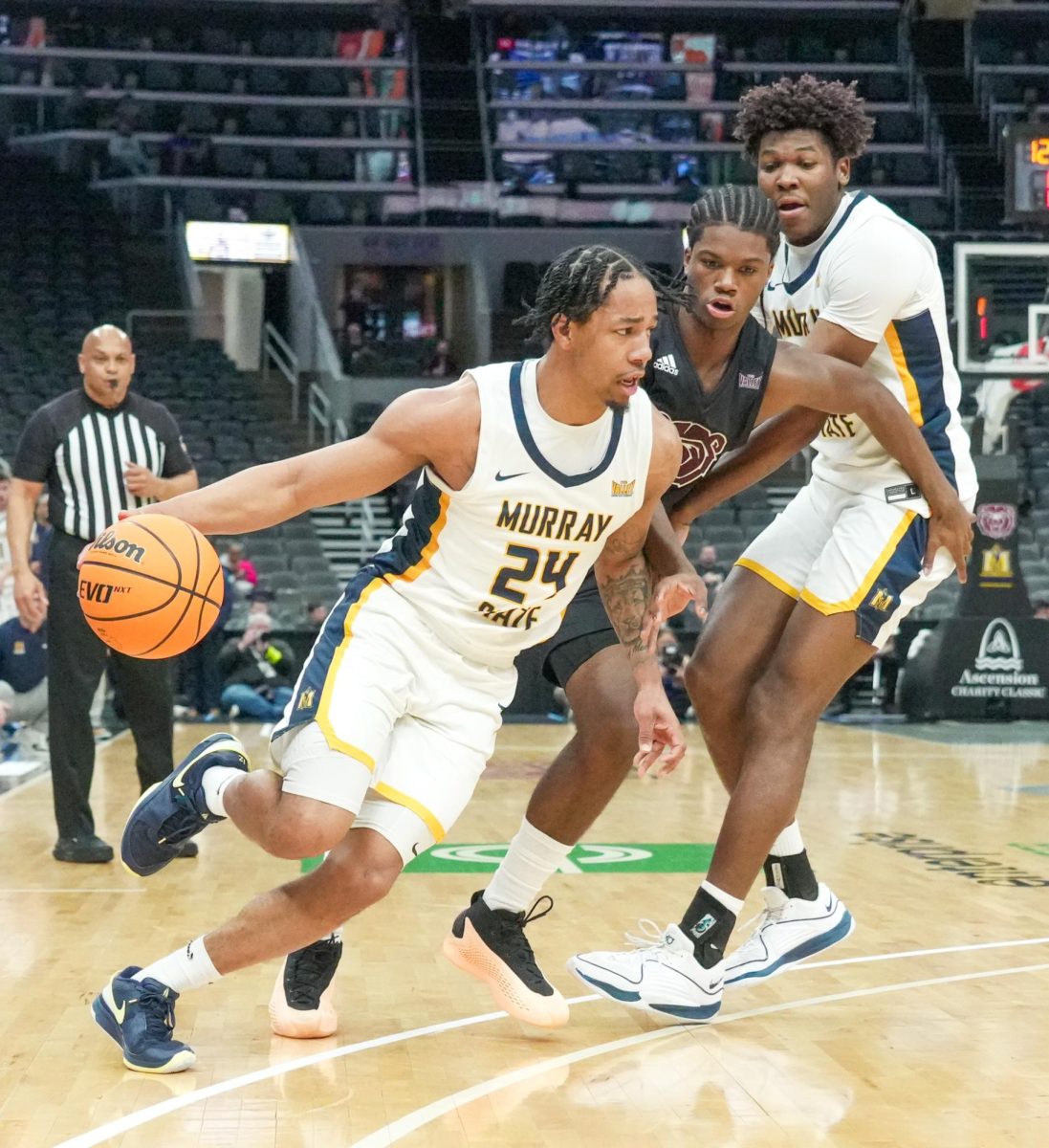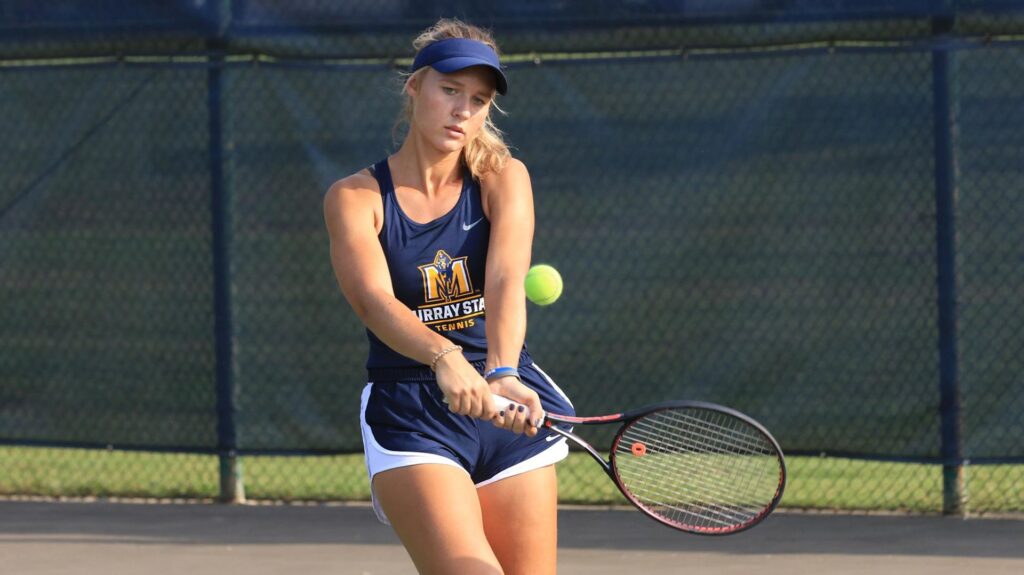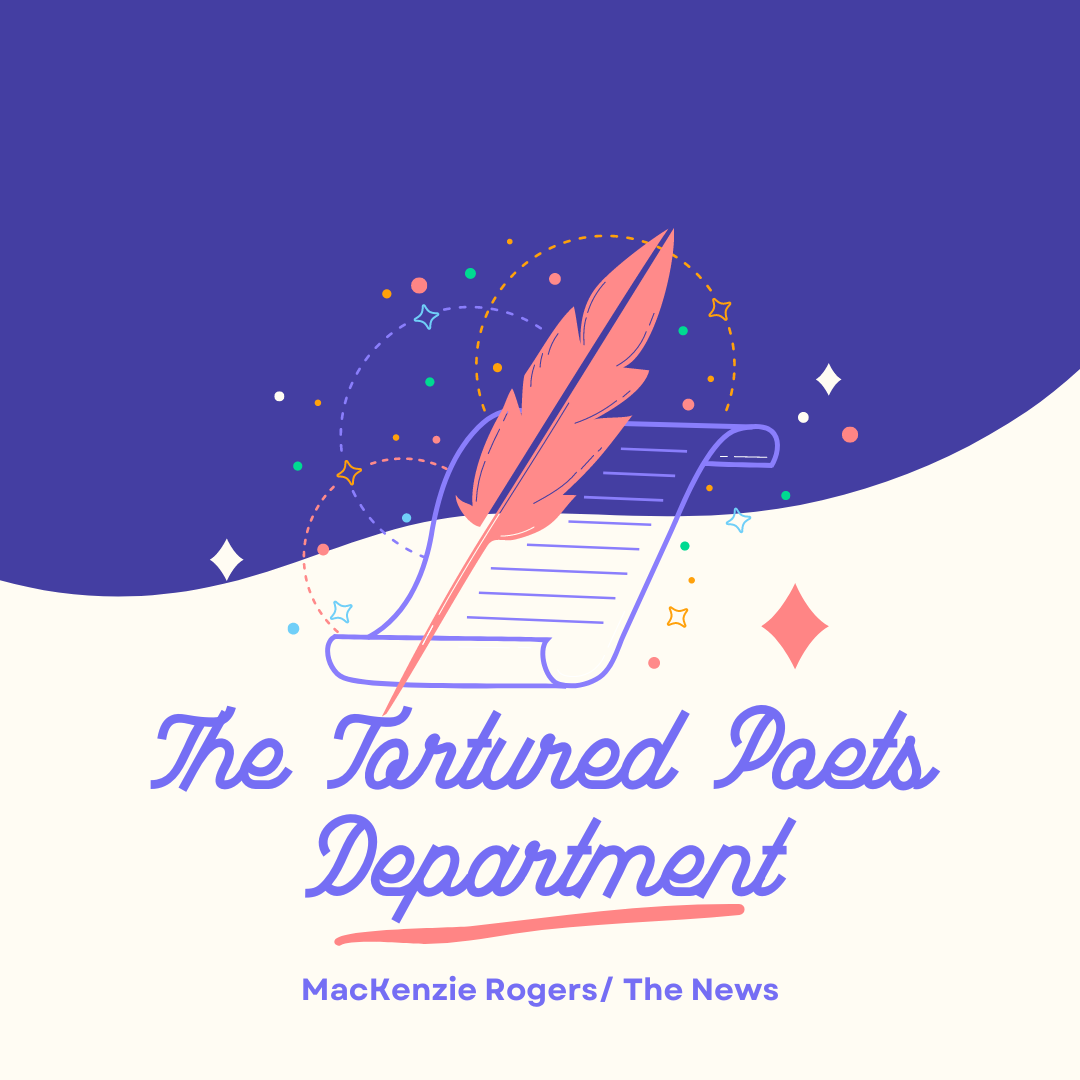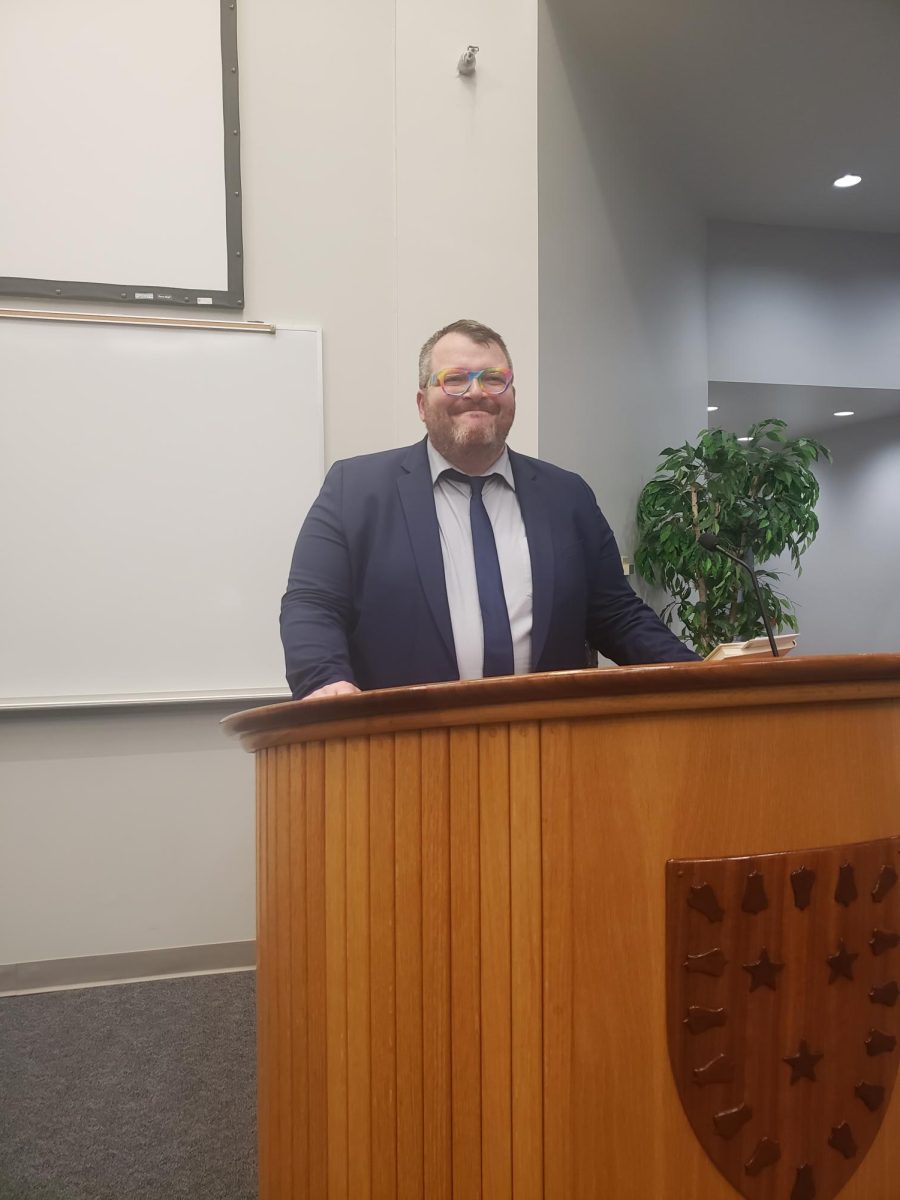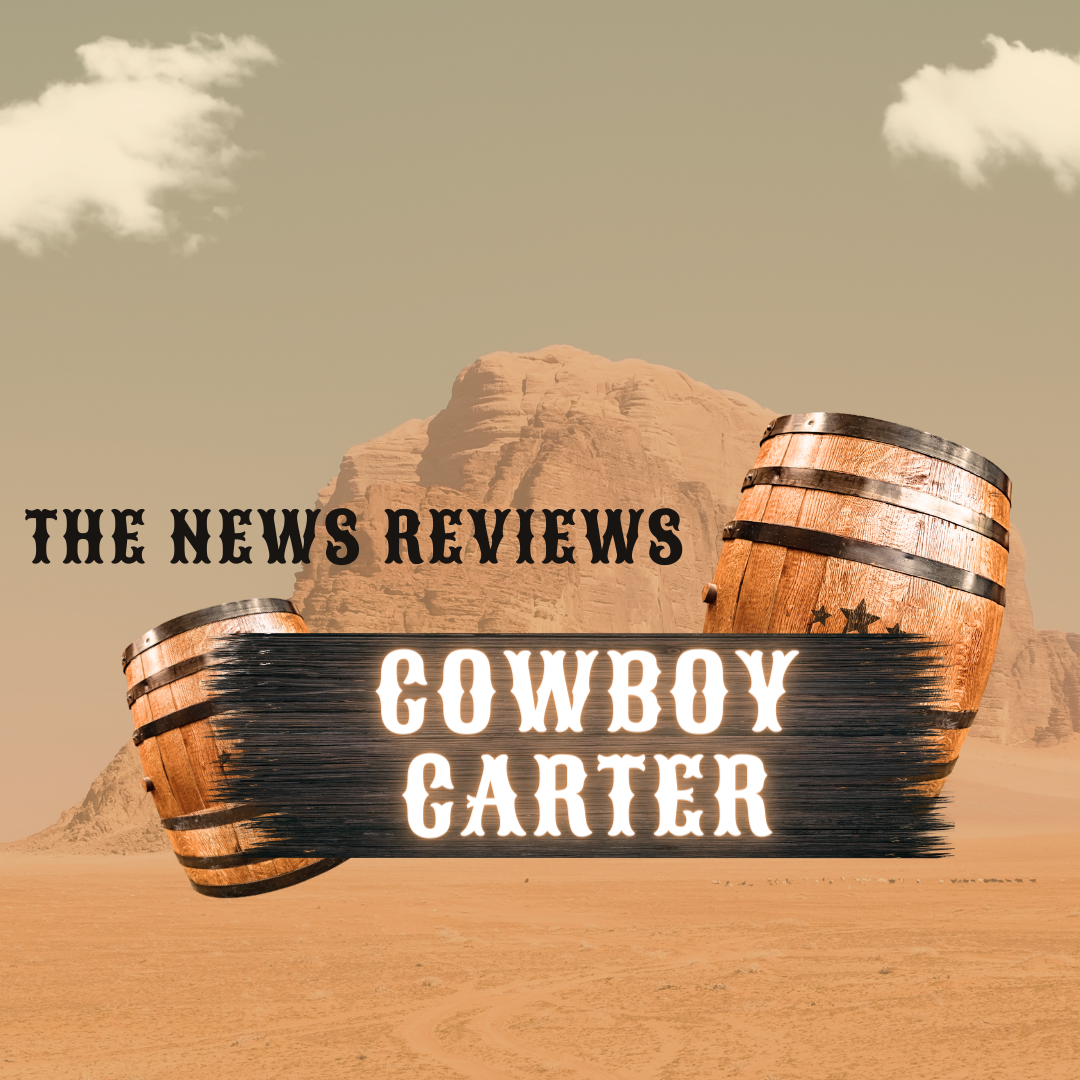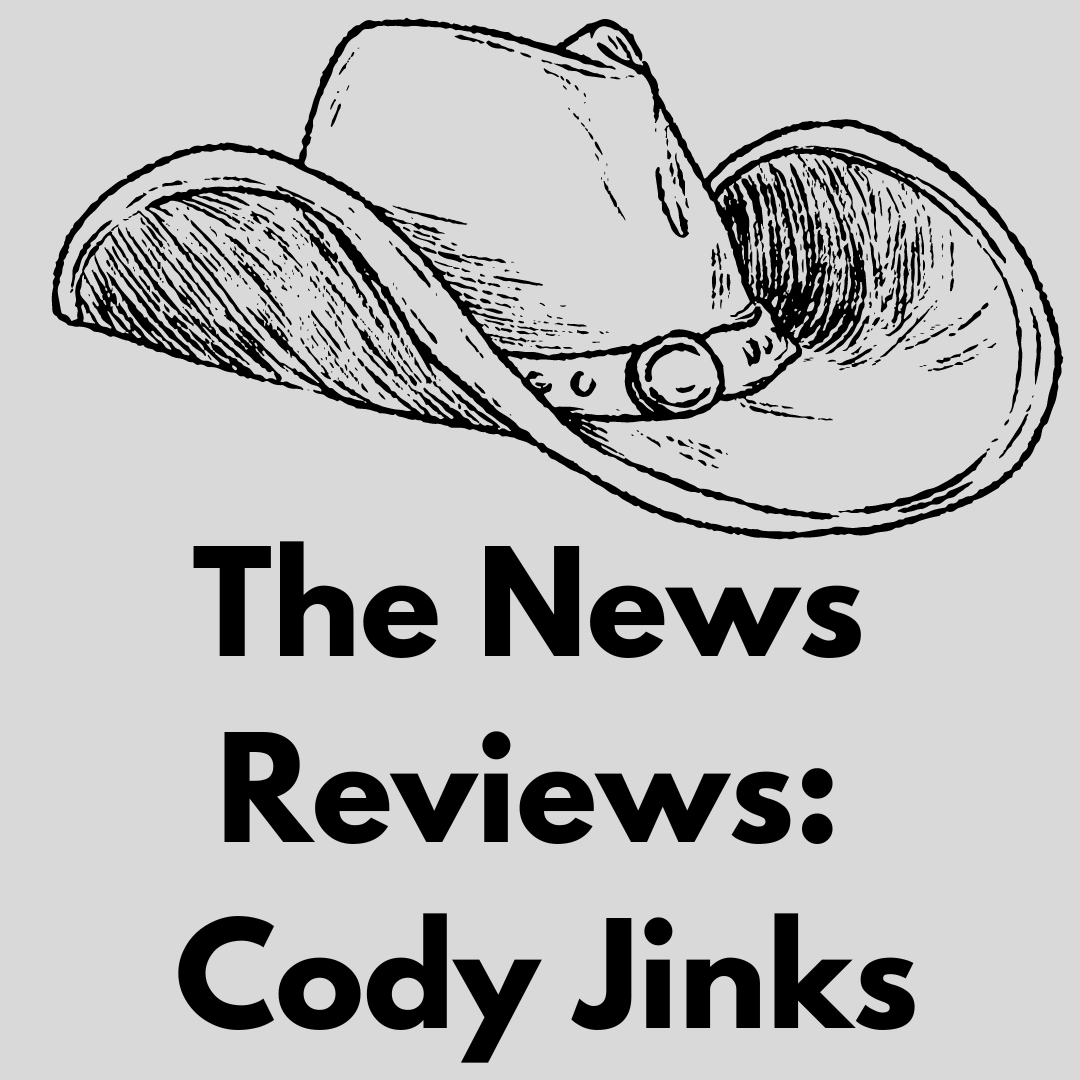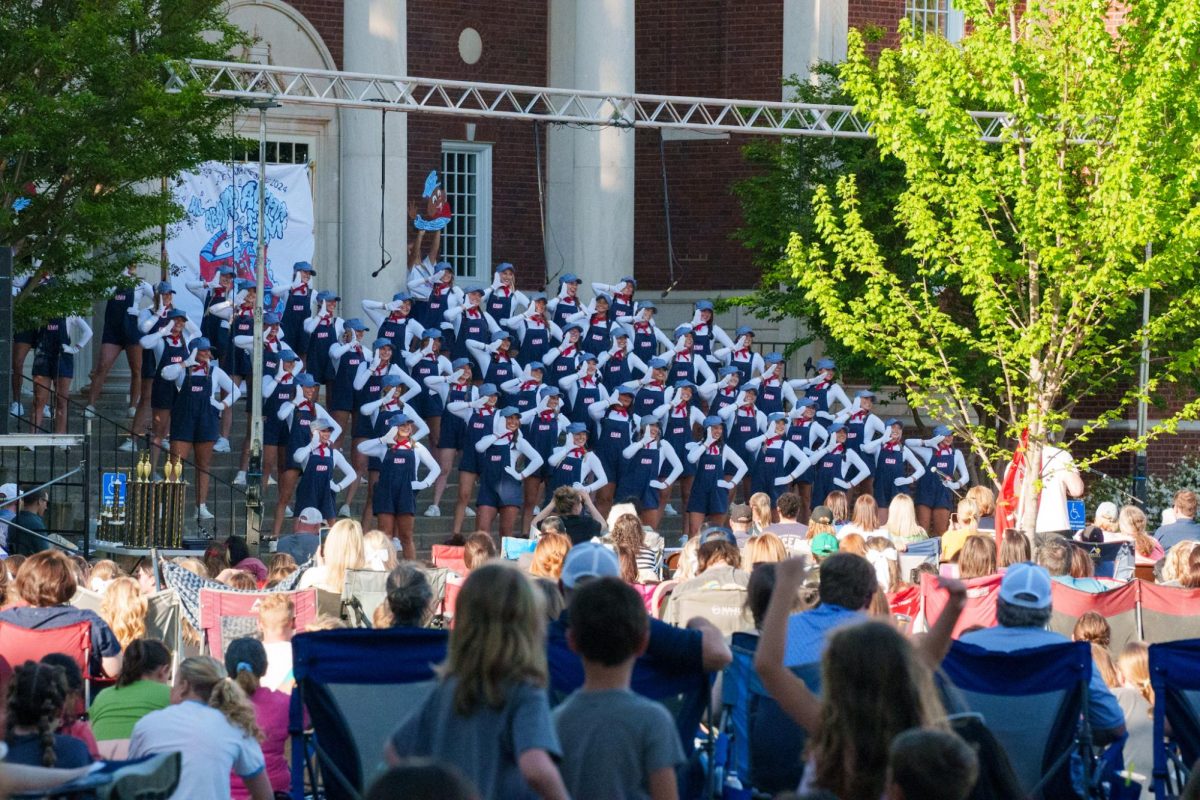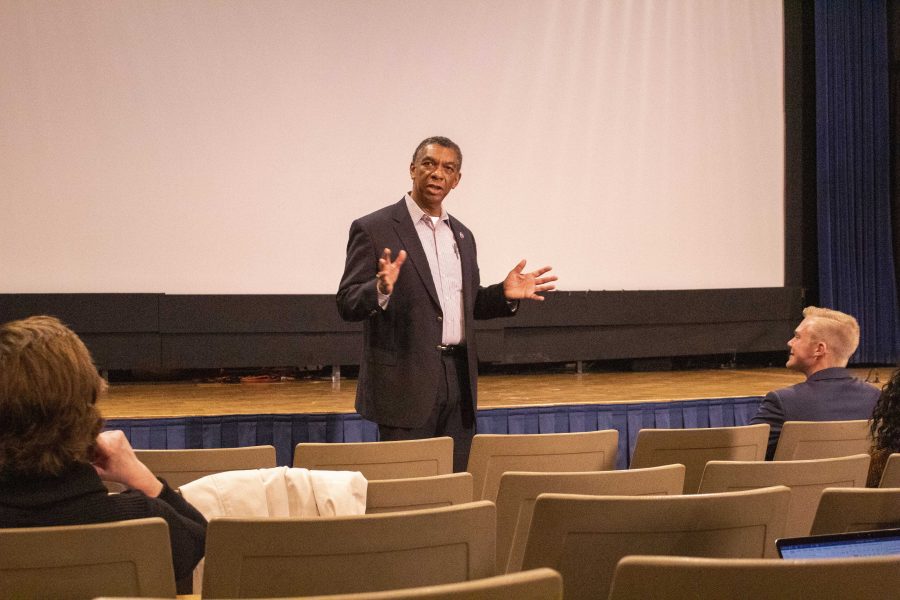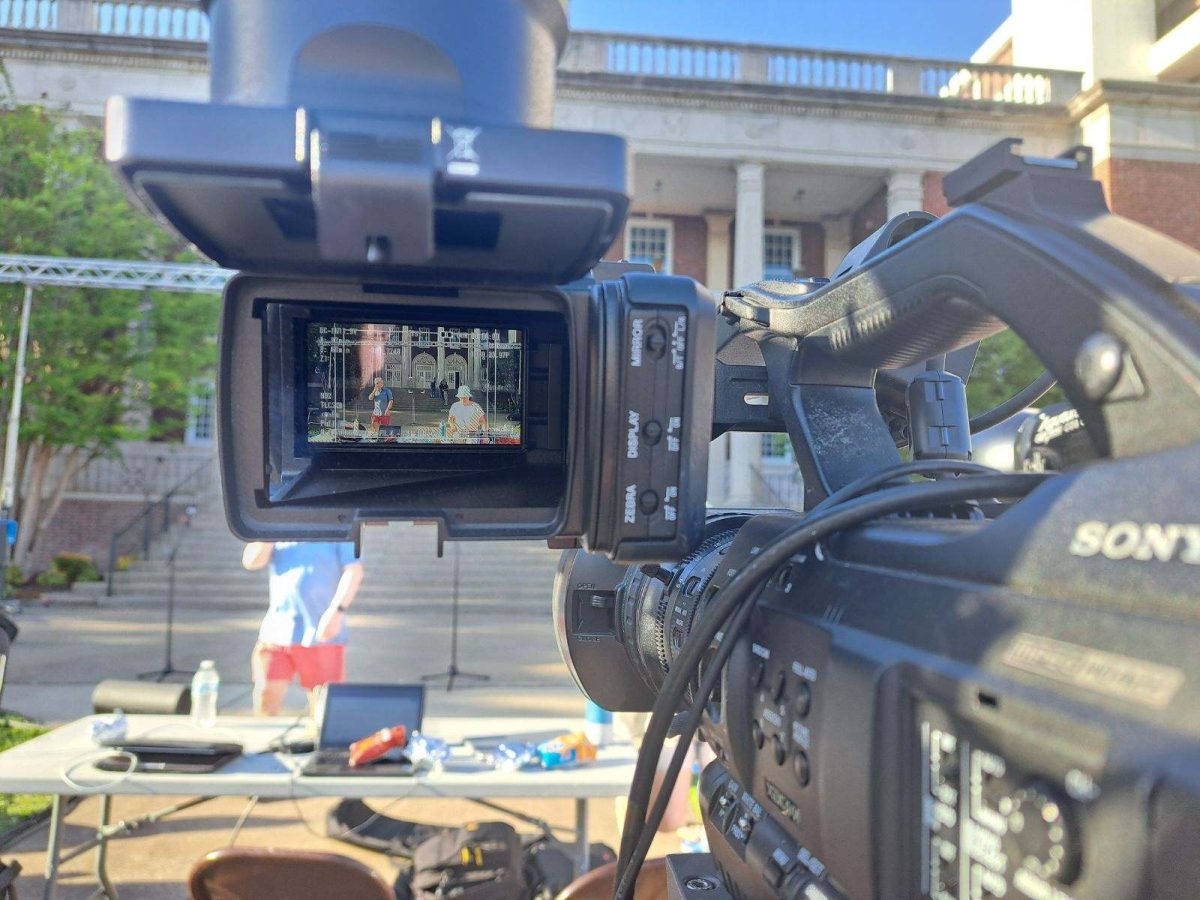Story by Cady Stribling and Haley Penrod, Staff writers
Community session
Aaron Thompson, president of the Kentucky Council on Postsecondary Education, traveled to Murray State on Feb. 19 and 20, during his Higher Education Listening Tour.
The purpose of the tour is to enable communication between the CPE and Kentucky’s college communities.
Thompson questioned the audience about higher education’s worth, career preparation, success in college and how to better highlight the importance of higher education.
Bob Jackson, Murray State interim president, supports the Listening Tour.
“He wants to talk to students,” Jackson said. “He wants to talk to the community. He wants to hear what are our thoughts and ideas in regard to higher education in Kentucky. What type of investments we do need to make…”
The discussion began with addressing how institutions can better equip students and promote pursuing a postsecondary education.
Thompson believes that there needs to be a better way to bridge the gap between high school and postsecondary education.
“I believe we should do a better job in high school talking about career choices; where they need to go to to offer that as an opportunity,” Thompson said.
He believes that while dual credit courses are offered in high schools, these classes aren’t necessarily setting students on the path to college. Thompson has discussed the possibility of creating pathways high schoolers can use to pursue their career-specific dual credit courses.
“We are trying to get employers and industries on the front end by saying, ‘If you want a work force, then we can build you a workforce; tell us what you want and need,’” Thompson said. “They are telling us that they don’t just need the technical skills, but they need employable skills.”
The audience raised concerns about the employability of students who receive a postsecondary education. Both employers and students in the audience cited issues with finding college programs that taught employability skills. Thompson said the CPE is communicating with local employers to discuss what they need from postsecondary institutions to produce effective workers.
“I don’t care if it is a two-year degree or four-year degree,” Thompson said. “We should be working a lot more in letting them know it is important to come to work on time. That we need to help them understand how to communicate and write, whether it’s a technical brief or a report or executive summary.”
Murray State is one of the first institutions to redesign programs to better equip future employees based on what employers have said they need. The University worked with local employers to design programs that prepare students and give them work experience.
Affordability is critical to a student’s ability to pursue a postsecondary education. The community can involve itself in this issue, starting with instituting college counseling in P-12. Providing scholarship information to first-generation students would help them pay for and stay in college.
Thompson said the University is key to encouraging future students to pursue a postsecondary education by having current students tell their success stories. Potential students who doubt their ability to receive a postsecondary education need the support and encouragement of students with similar backgrounds that have successfully completed a degree.
Bonnie Higginson, former provost and vice president of academic affairs, attended the session. She said she wants the University to become the best it can be despite budget cuts.
“Thompson spoke several times about Murray State – about our accomplishments, retention and graduation rates and how we are a strong institution academically,” Higginson said. “It feels so good to hear someone from Frankfort say that about Murray State.”
Melony Shemberger, journalism and mass communications professor, said course scheduling is very difficult for non-traditional students because they have full-time jobs to work around. She believes online classes are a good option for these students because they can receive a postsecondary education while supporting themselves.
Murray State, the Council for Postsecondary Education and the community can collaborate better together. The CPE considers itself a partner not only with Murray State, but also with the community, to be on the front end in helping people receive a postsecondary education.
“We are happy that Murray State has stepped up to the table to be one of the leading institutions that worked with us on these employability efforts,” Thompson said.
Student session
Thompson held a separate Listening Tour session for Murray State students on Wednesday, Feb. 20, in the Curris Center.
Both listening sessions were open to students to discuss the partnership between CPE and Murray State. Thompson said the goal of the tour is to gather information and concerns from students about higher education and specifically to gain insight that will help the campus. Thompson went on this listening tour in order to get specific stories and solutions from students and community members.
“Higher education is a solution,” Thompson said. “So, my job is to find out how we can make this solution an even better solution. I do consider myself as a partner with Murray State, with Bob Jackson, with all the people here.”
Thompson said the CPE assists students through their partnerships with legislators and Murray State administrators in order to distribute budgets to Murray State for building maintenance and program funding. The CPE also aids students in completing and affording a postsecondary education.
“In this area we have about 53 percent of our students going to college,” Thompson said. “But you know the interesting thing, in this area, you are way above the state average on those that are ready to go to college. So how can we get more of you to go into postsecondary and get that degree that matters?”
In many cases, Thompson said, students are dropping out because they cannot pay to finish. Giavonna Morris, a senior from Virginia, has experienced this financial burden firsthand. Morris’ parents saved for her college fund since her birth, yet still struggle managing the growing costs of college.
“The cost of higher education has increased so dramatically over the years,” Morris said.
Deonte Turnley, a junior from Evansville, Indiana, said finding a career to pay off student debt is his main concern.
“One of my concerns is kind of the unknown factor of post-graduation,” Turnley said.
Blakely Broder, a junior from St. Charles, Missouri, spoke during the listening session. Broder offered a solution to help high schoolers apply for scholarships.
Thompson concurred with Broder’s concern, adding that although aid is available to high schoolers in Kentucky, it’s oftentimes overlooked by students.
“We are a very high-end state,” Thompson said. “We’ve [Kentucky] got a lot of money we give, but that doesn’t mean every student knows that…”
Thompson said when students are given information about opportunities available to them in college, the students tend to stay in school for a longer time.
“As long as I use my degree to the best of my ability as far as my career, it will take care of itself,” Jada Hubert, a senior from St. Louis, Missouri, said.
A key component for Hubert in the listening session was the fact that students need to get involved. Thompson said involvement on the student’s part largely correlates to their future success.
“The number one factor in success of a student in college is the input of a faculty member in and out of the classroom, helping a student to get engaged in their experience at college,” Thompson said.


